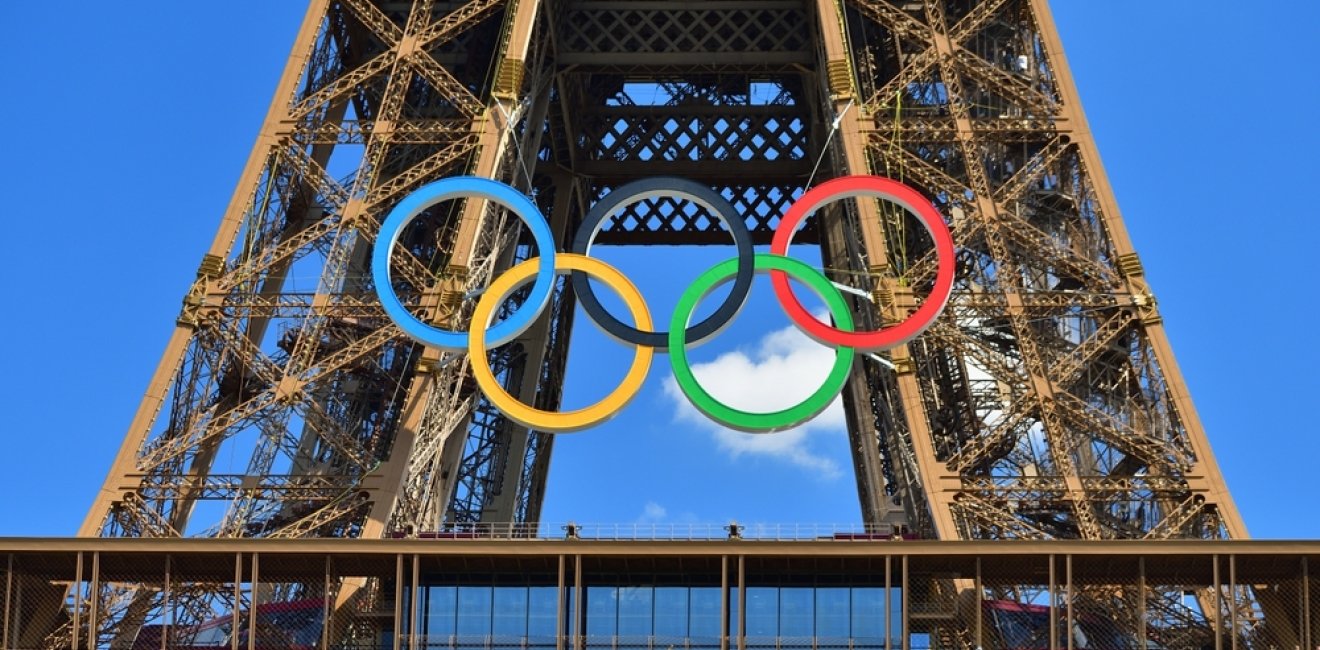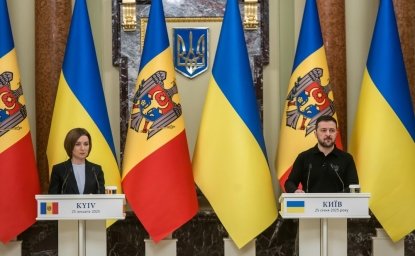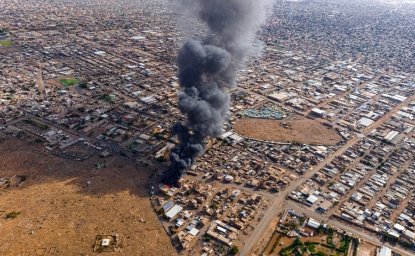In 2016, when the first International Olympic Committee (IOC) Refugee Olympic Team geared up to take the stage in Rio de Janeiro, the United Nations High Commissioner for Refugees (UNHCR) counted 60 million forcibly displaced people worldwide. As the 2024 Refugee Olympic Team sets their eyes on Paris, that number has nearly doubled. The Refugee Olympic Team takes on an increasingly important role in representing displaced people’s abilities, skills, and talents in international sport and on the international stage. The team generates critically needed media exposure and demonstrates the impact of investing in the lives of the forcibly displaced people.
This year, 36 refugee athletes from 11 countries and hosted by 15 national Olympic committees will compete at the highest level in 12 sports. The team is led by Chef de Mission Masomah Ali Zada, a 2020 Olympic cycler and Afghan refugee. For the first time ever, the team will compete under its own unique team emblem, a symbol of solidarity and identity.
History of the IOC Refugee Olympic Team
The United Nations General Assembly first announced plans for an Olympic team made up of refugees in 2015, resulting in a team of 10 international refugees debuting at the Rio 2016 Summer Olympics. Competing in various sports, the team returned to the 2020 Summer Olympics in Tokyo with three times the number of athletes. To be eligible for the IOC Refugee Olympic team, athletes must be registered as refugees in their current host countries, recognized by UNHCR. Additionally, they are sponsored by that country’s national Olympic committee, and many are additionally sponsored through Olympic Solidarity’s Refugee Athlete Scholarship Program.
The creation of the Refugee Olympic Team coincided with the creation of the Olympic Refuge Foundation, which aims to involve one million forcibly displaced young people in sports programming by 2024. In addition to youth sports programming, the foundation has invested in psychosocial well-being and social inclusion for their athletes and in other sports organizations for displaced people.
Cheering On Refugee Athletes
To support the 2024 Refugee Olympic Team, several new campaigns offer a variety of opportunities to follow and cheer on the athletes. Warner Bros Discovery, the IOC’s media partner, has launched its Home Crowd Initiative that aims to unite Olympic fans into a “home crowd” for the refugee athletes. In addition, the IOC’s 1 in 100 Million campaign aims to highlight the status of each athlete as one of over 100 million forcibly displaced people worldwide, inviting viewers to learn more about their unique journeys and what they represent for other refugees around the world.
Warner Bros Discovery will also utilize its streaming services and platforms to amplify refugee stories, through Refugees’ Voice programming on Eurosport.com and refugee-focused documentaries on streaming services such as Max. The media group has also appointed UNHCR Goodwill Ambassador Yusra Mardini, a Syrian refugee and Olympic swimmer whose life story and athletic journey inspired the film The Swimmers, as a Eurosport Reporter dedicated to the Refugee Olympic Team.
Delving deeper into the journey of refugee Olympic athletes, Oscar-nominated director and Syrian refugee Waad Al-Kateab's newest film, We Dare to Dream, chronicles athletes’ lives and challenges on the road to qualifying for the 2020 Tokyo Olympic Games. We Dare to Dream is currently available to stream on Peacock.
New fans of the Refugee Olympic Team can also keep follow them on Instagram @refugeeolympicteam, Facebook @Refugee Olympic Team, and on X @refugeesolympic.
Refugee Olympian Spotlights
Name | Sport | Country of origin
Adnan Khankan | Judo | Syria
Alaa Maso | Swimming | Syria
Amir Ansari | Cycling Road | Afghanistan
Amir Rezanejad Hassanjani | Canoe Slolam | Iran
Arab Sibghatullah | Judo | Afghanistan
Cindy Ngamba | Boxing | Cameroon
Dina Pouryounes Langeroudi | Taekwando | Iran
Dorian Keletela |Athletics | Congo
Dorsa Yavarivafa | Badminton | Iran
Eyeru Gebru | Cycling Road | Ethiopia
Farida Abaroge | Athletics | Ethiopia
Farzad Mansouri | Taekwondo | Afghanistan
Fernando Dayan Jorge Enriquez | Canoe Sprint | Cuba
Francisco Edilio Centeno Nieves | Shooting | Venezuela
Hadi Tiranvalipour | Taekwando | Iran
Iman Mahdavi | Wrestling | Iran
Jamal Abdelmaji | Athletics | Sudan
Jamal Valizadeh | Wrestling Greco-Roman | Iran
Kasra Mehdipournejad | Taekwondo | Iran
Luna Solomon | Shooting | Eritrea
Mahboubeh Barbari Yharfi | Judo | Iran
Manizha Talash | Breaking | Afghanistan
Matin Balsini | Swimming | Iran
Mohammad Amin Alsalami | Athletics | Syria
Mohammad Rashnonezhad | Judo | Iran
Muna Dahouk | Judo |Syria
Musa Suliman | Athletics | Sudan
Nigara Shaheen | Judo | Afghanistan
Omid Ahmadisafa | Boxing | Iran
Perina Lokure Nakang | Athletics | South Sudan
Ramiro Mora | Weightlifting | Cuba
Saeid Fazloula | Canoe Sprint | Iran
Saman Soltani | Canoe Sprint | Iran
Tachlowini Gabriyesos | Athletics | Eritrea
Yahya Al Ghotany | Taekwondo | Syria
Yekta Jamali Galeh | Weightlifting | Iran
You can see the full list of Refugee Olympic Team athletes and read their stories here.








